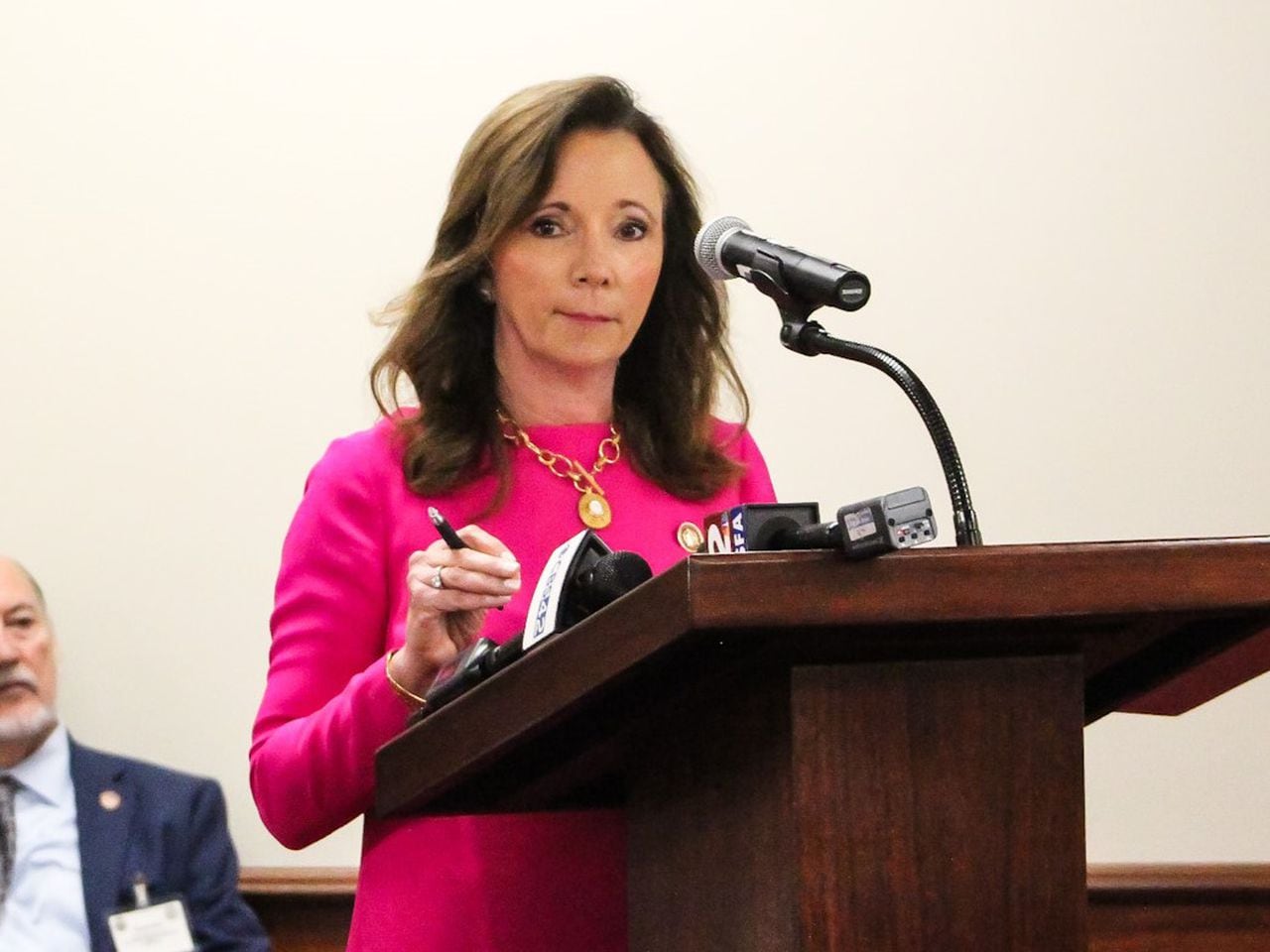Alabama lawmakers consider abstinence-only sex ed bill
Sexual education that focuses on abstinence and excludes information from groups assisting with abortion would be taught in Alabama under a bill presented to a house committee Wednesday.
Rep. Susan Dubose, R-Hoover, sponsored the bill, HB195, which defines what content is age appropriate and medically accurate. The bill allows for the teaching of information about contraception and makes sexual education optional for local school boards to implement and for parents to opt out.
“Graphic images, material or video footage that are sexually explicit or normalize teenage sexual activity are not allowed,” in teaching sexual education, DuBose told lawmakers Wednesday in describing the bill during a House Special Education committee meeting.
The bill requires that curriculum not include material from any organizations that teach concepts outside of a focus on abstinence, referred to as sexual risk avoidance, or that provide abortion referrals, fund or advocate for abortion.
Public speakers on the bill included multiple public school sexual education teachers and representatives from organizations working on the issue.
Christina Clark Okarmus, executive director of the Alabama Campaign for Adolescent Sexual Health, said HB195 was unnecessary. She said the state’s previous abstinence-focused bill, passed in 2021, was a bipartisan effort that removed homophobic language and added medical accuracy.
“An abstinence-only until marriage approach is to sex education is harmful for our youth,” she said, citing statistics of high STI and HIV rates in the state, especially among young people.
Beth Pruitt a high school teacher in central Alabama who teaches sexual risk avoidance, or abstinence, said her curriculum goes far beyond only teaching abstinence to include STDs, consent, healthy relationships, risk and pregnancy.
“It is a misconception that sexual risk avoidance education is not going to include the information that teens need to make a good healthy choice,” she said.
Courtney McKenny, Director of Lifespan Faith Development at the Unitarian Universalist Church of Birmingham told lawmakers she thinks abstinence-only education is ineffective and may lead to shame for young people.
“By restricting the curriculum to absence exclusively, we risk depriving our students of knowledge they need to make informed decisions about their bodies and their relationships.”
Marty Carrell with the Women’s Resource Center for Mobile teaches abstinence-based sexual education in the Mobile schools weekly for part of a program that lasts five weeks.
“Our curriculum is medically accurate, age appropriate, and aligned to the Alabama (Department of Education) health education standards. This cornerstone of our program not only empowers students, but also fosters trust between educators and learners,” she said.
The committee plans to revisit the bill at its next meeting.
